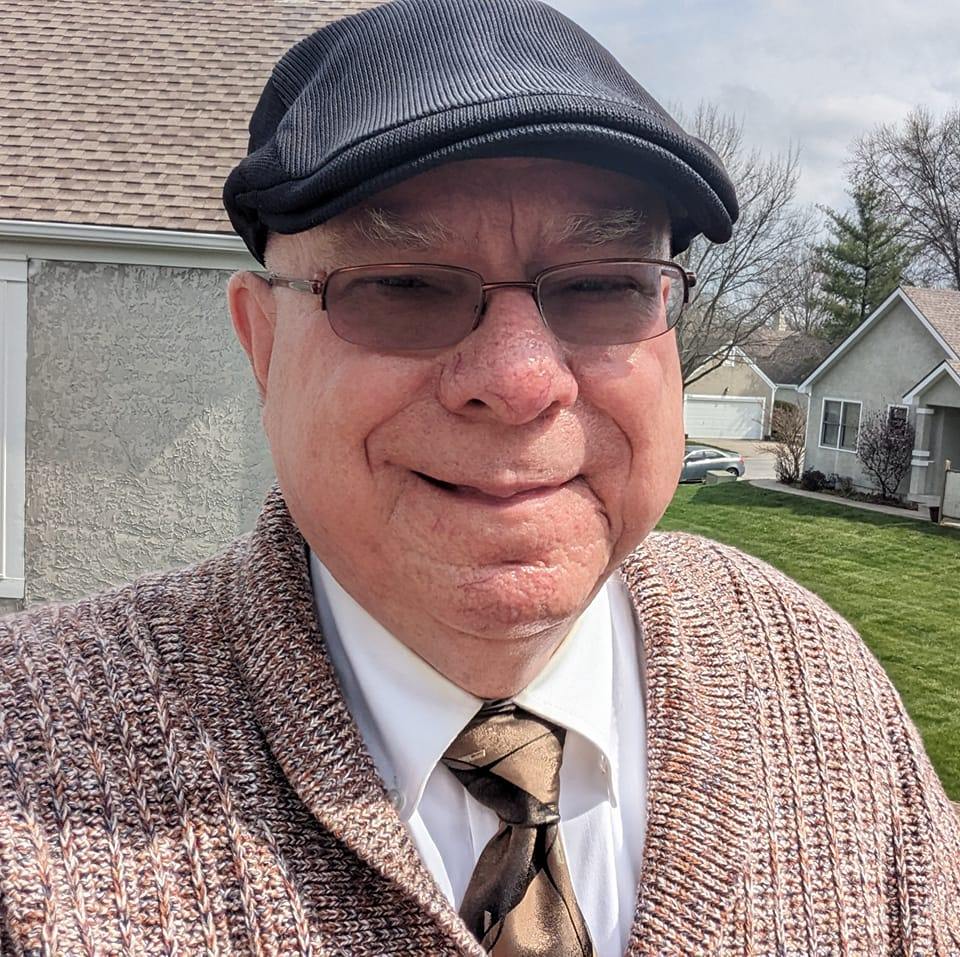Responsibilities of the Christian Counselor
- Take the time to determine the real needs of the people who look to you for help.
- Help people who look to you for help to identify these needs for themselves.
- Help people who look to you for help overcome denial if they have and alcohol or drug problem.
- Identify resources in the community that meet needs for people who look to you for help that may not be addressed at the program (e. g. legal aid, medical services, vocational training, and self help groups)
- Help people who look to you for help to accurately evaluate their options and to see progress – establish “benchmarks” for measuring growth
- Help people who look to you for help to develop new personal and social resources that will contribute to a positive life style.
- Help people who look to you for help access needed resources that have been identified for themselves.
- Help people who look to you for help develop strategies for handling problems which must be addressed by the individual rather than agencies. We succeed when we are no longer needed. We ought never to institutionalize (“missionize”) people.
- Model a healthy godly lifestyle. Be an example in word and deed of the principles you hope the people who look to you for help to adopt.
- Help the people who look to you for help to learn to walk with the Lord on his own; listening to his conscience, personal prayer and Bible study, etc.
This list in its original form appeared in the 1992 version of A Guide to Effective Rescue Mission Recovery Programs by Michael Liimatta




